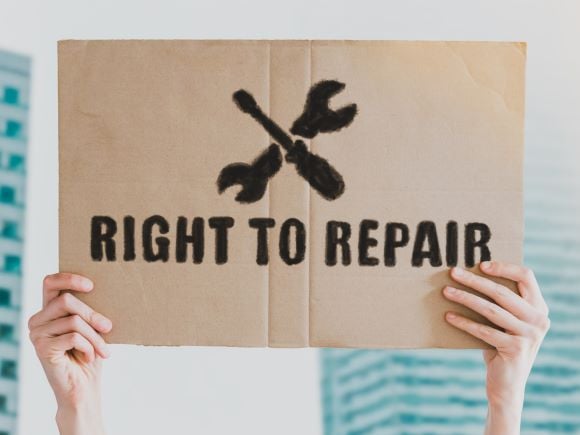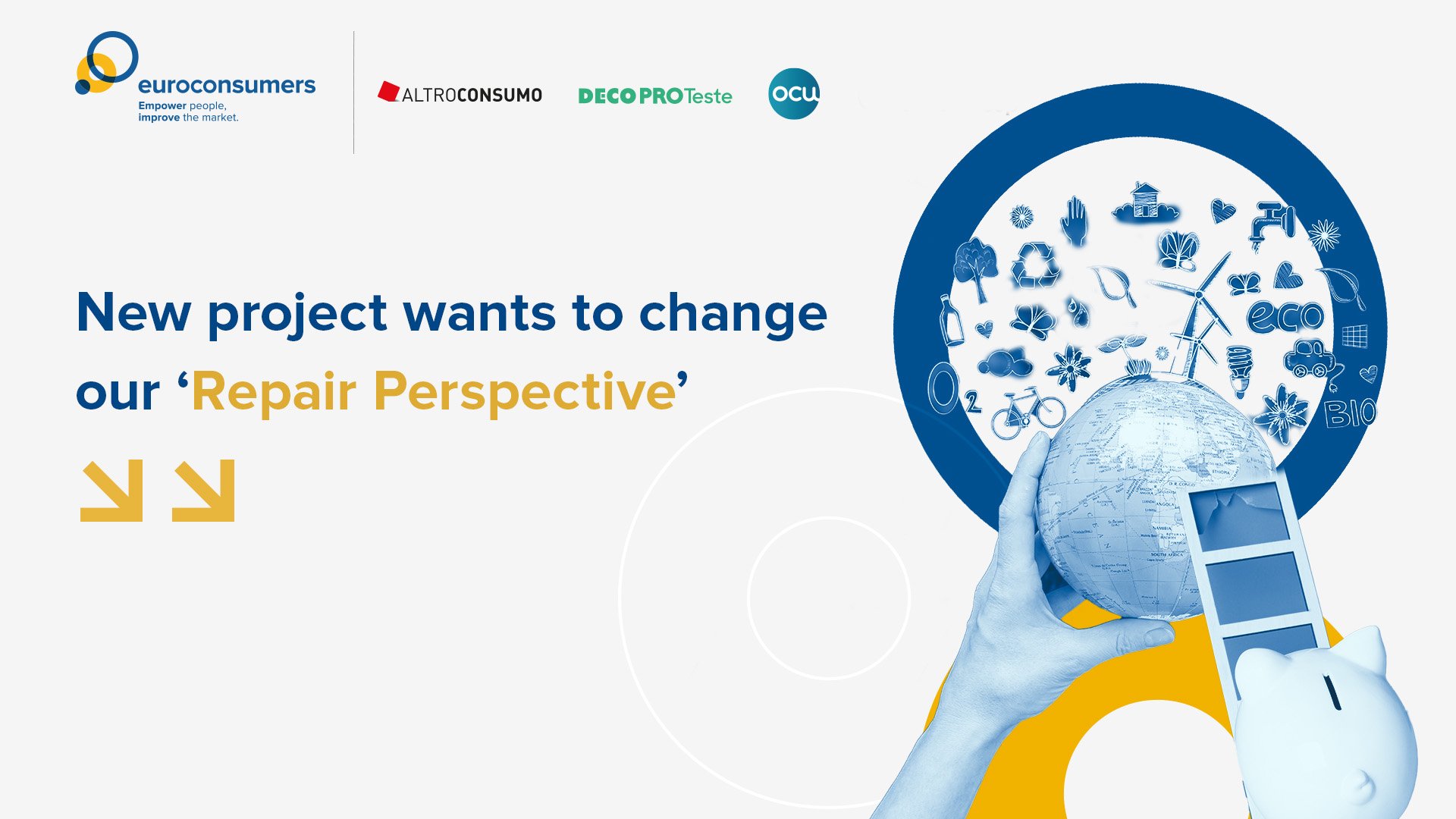
Cutting cost of repair is key to Right to Repair success
Euroconsumers and its members have long championed consumers’ right to repair their products. This seemingly simple ask – for easy, inexpensive and quick fixes for products tha...
Read More


Euroconsumers’ members in Spain, Italy and Portugal are working together to bring the repair economy to life for SMEs, policy makers and consumers.
OCU, Altroconsumo and DECOProteste have joined the Città Metropolitana di Bologna ‘REPper’ project consortium co-funded by Interreg Euro-Med and the European Union.
The project aims to transform SMEs, consumers and policy makers’ perspectives on repair and circular economy approaches with practical support and joint motivation. The first thing it will do is show how the repair economy is about more than just providing one-off product fixes – it is a core element of circular business models.
Resource scarcity, climate change and global warming are making the adoption of more sustainable practices increasingly urgent. Repair and reuse-based circular economies can contribute by extending the life cycle of products for as long as possible, cutting down on waste and on demand for new goods.
In a circular economy, once product life is ended systems are in place to carry on making use of its materials through remanufacturing. Anything to prevent a product and its material being thrown away once it has served its consumer use.
Circular economy strategies could double the amount of materials that are kept in the economy from 8.6% of the 100 billion tonnes of resources used by the world each year to 17%. This would keep materials flowing through the system, instead of just consigning them to landfill.
Circular economies give businesses an opportunity to reduce costs, comply with sustainability and eco-regulations and meet consumers’ expectations. In turn, they make it much easier for consumers to do the thing they want to do: lessen the environmental impact of what they buy.
Our members have built up solid practical knowledge of how to make circular, repair-based economies work for consumers gained through previous innovative projects like SHAREPAIR, CircThread and PROMPT.
They will bring this know-how to REPper to tackle some of the embedded challenges that make the move from a disposable, high waste economy to a circular, minimal waste economy so hard. Three main challenges have been identified, here is how they will be overcome:
The opportunities and advantages of shifting from linear economy to a circular one are clear, but are notoriously difficult to embed. Our members in the REPper project are applying years of learning about what business, consumers and markets need to make the shift to a sustainable, repair-based, circular economy successful to this challenge.
REPper is helping businesses and consumers maximise the opportunities of the upcoming EU Directive on the Right to repair which will come into force in 2026. It contains common rules promoting the repair of goods, establishing an obligation to repair within and beyond the legal guarantee period, information on that obligation to repair and an online platform for goods refurbishment.
Amongst the outputs will be new curricula, skills mapping and case studies and results of nudge campaigns to change mindsets. All of these will be shared across the countries involved and will be a valuable source in the toolkit of any country wanting to accelerate the transition to a circular, repair-based economy.
